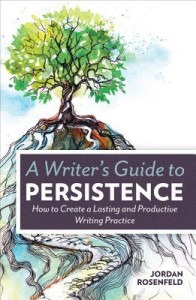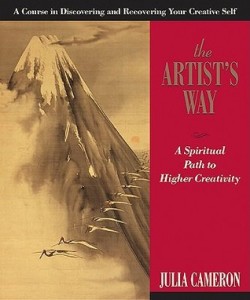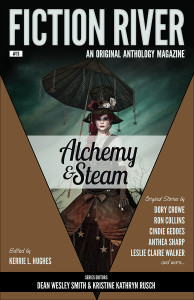As we grow not only in our craft but also as people, it’s important to establish or re-establish the foundation of why we write, what success means to us at this moment, and what fulfillment means across our lifetimes. And yes, those things can completely change in the span of a few years. Our perspectives shift, our goals change, our focus narrows. As that happens, it’s essential to revisit the foundations on which we built our dreams and goals in the first place.
Here are some general questions to help you consider the root of your inspiration for writing.
1. Why do you write?
This question gets passed around a lot, it seems. But dig deep. “Cause I’ve just gotta!” is a fine answer, but what compels you to do it? Dig deep. “Because I have unresolved issues,” is probably a more honest answer for all of us.
2. What do you want?
“Duh, to be famous.” Sure, that can be your answer. But consider the possibility you won’t be the next J.K. Rowling. Now, what do you want?
3. What is your writing routine?
Has it changed in the past few years. Does it need to change? What’s not working about it?
4. Are you still chasing dreams and goals that are rooted in a genre in which you no longer write?
For example, when I started writing, I wanted to write literary fiction. At this moment, I write mostly YA, which is a much faster market and demands faster manuscript turn-arounds. My goals need to change to fit the genre I’m writing, at least for now.
5. Do your short-term goals need re-evaluating to reflect where you are right now?
I had to re-evaluate my short-term goals when writing YA, as mentioned above, and those will constantly need to be reconsidered depending on the project.
6. Do your long-term goals need to change to reflect where you are right now?
For example, because I’m not writing literary fiction right now, and I had not considered I’d be writing YA, my long-term goals for my career need to adjust to include YA.


There are some great resources out there to help you reflect on these things while also help you build your craft and routine.
I highly recommend The Artist’s Way by Julia Cameron for an all-out overhaul, but be warned, it takes a lot of commitment to finish. Finish it. Commit to it. It’s worth it.
A Writer’s Guide to Persistence by Jordan Rosenfeld has been extremely valuable to me recently. I see it a lite version of The Artist’s Way. That’s not to demean it in any way; I simply mean it’s shorter and more compact.
Both books have been extremely valuable to me, and I hope they are for you as well.
 Kristin Luna has been making up stories and getting in trouble for them since elementary school. She writes book reviews for Urban Fantasy Magazine and her short story “The Greggs Family Zoo of Odd and Marvelous Creatures” was featured in the anthology One Horn to Rule Them All alongside Peter S. Beagle and Todd McCaffrey. Her short story “Fog” recently appeared on Pseudopod. Kristin lives in San Diego with her husband Nic.
Kristin Luna has been making up stories and getting in trouble for them since elementary school. She writes book reviews for Urban Fantasy Magazine and her short story “The Greggs Family Zoo of Odd and Marvelous Creatures” was featured in the anthology One Horn to Rule Them All alongside Peter S. Beagle and Todd McCaffrey. Her short story “Fog” recently appeared on Pseudopod. Kristin lives in San Diego with her husband Nic.
 Evan Braun is an author and editor who has been writing books for more than ten years. He is the author of The Watchers Chronicle, whose third volume, The Law of Radiance, has just been released. He specializes in both hard and soft science fiction and lives in the vicinity of Winnipeg, Manitoba.
Evan Braun is an author and editor who has been writing books for more than ten years. He is the author of The Watchers Chronicle, whose third volume, The Law of Radiance, has just been released. He specializes in both hard and soft science fiction and lives in the vicinity of Winnipeg, Manitoba.

